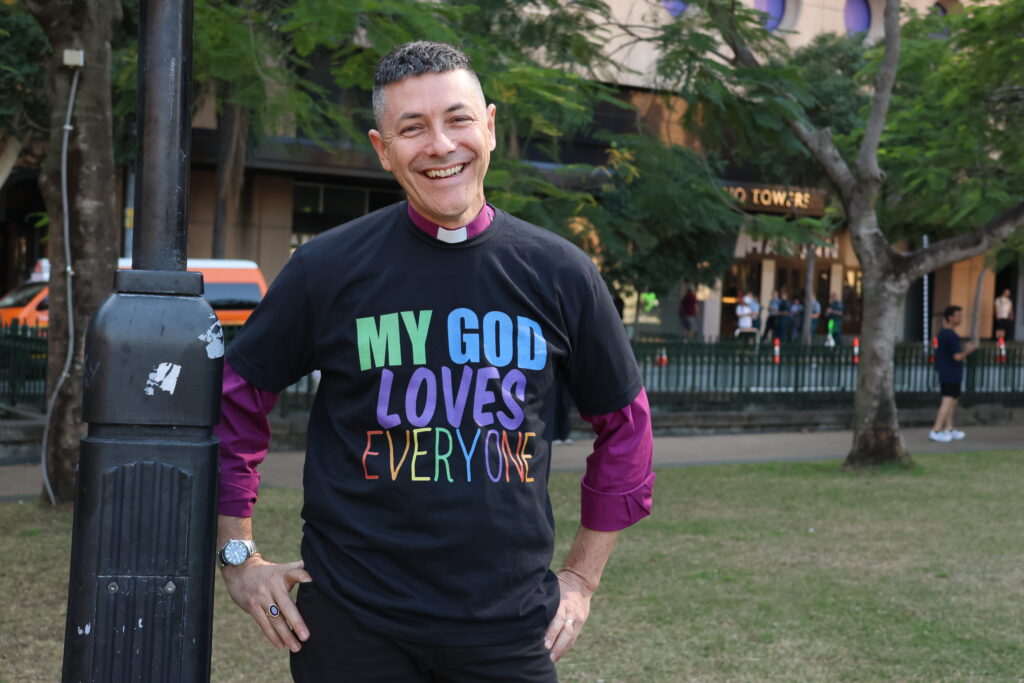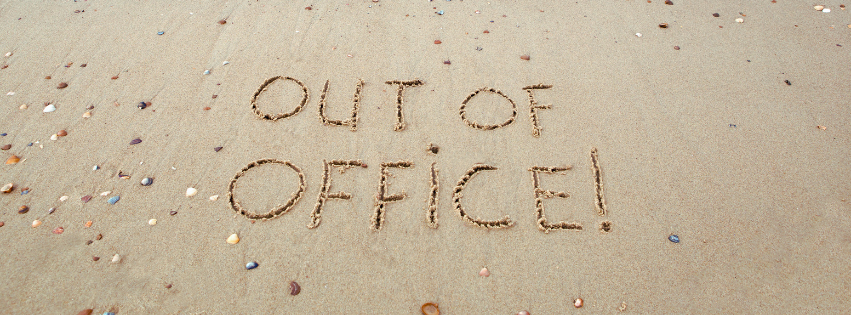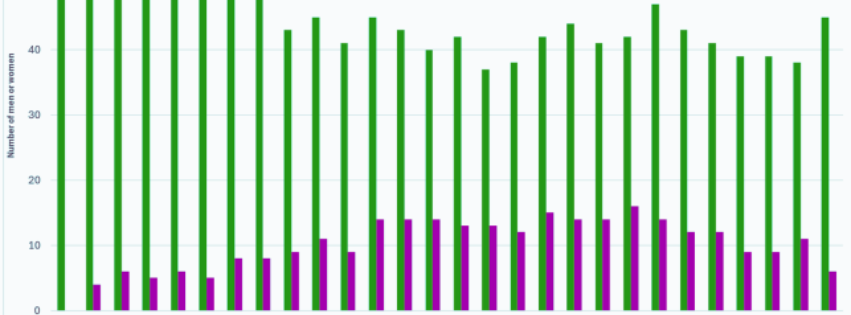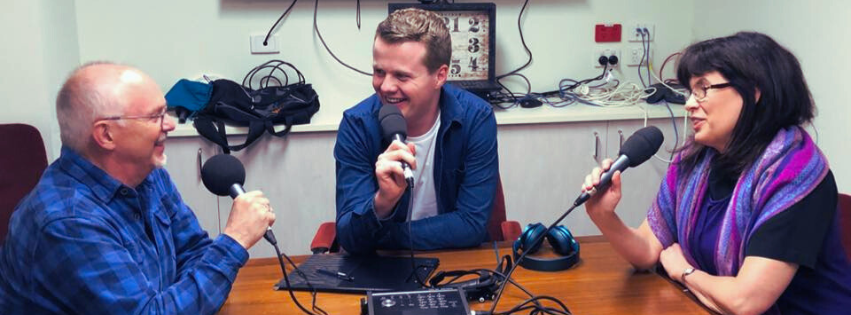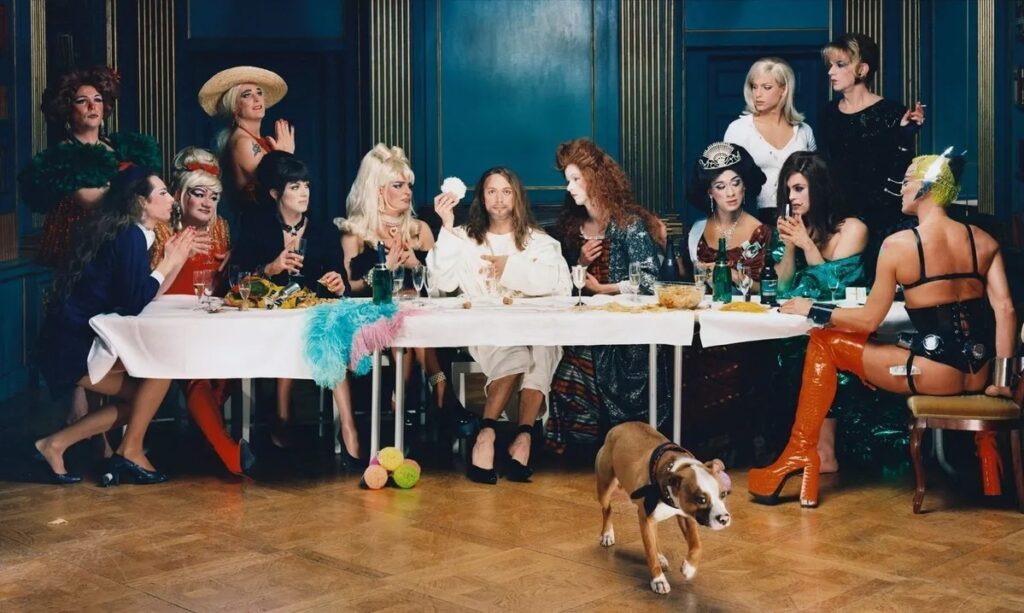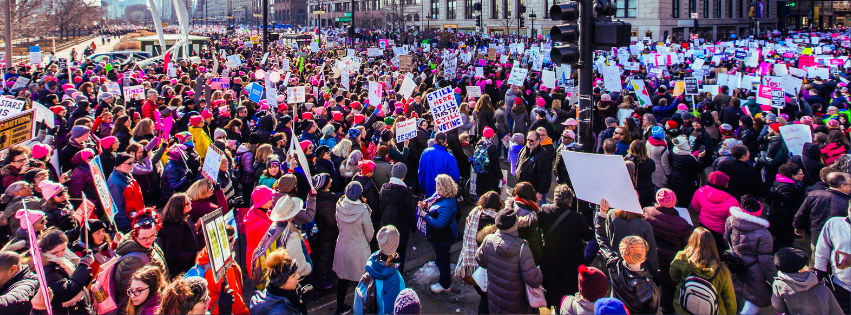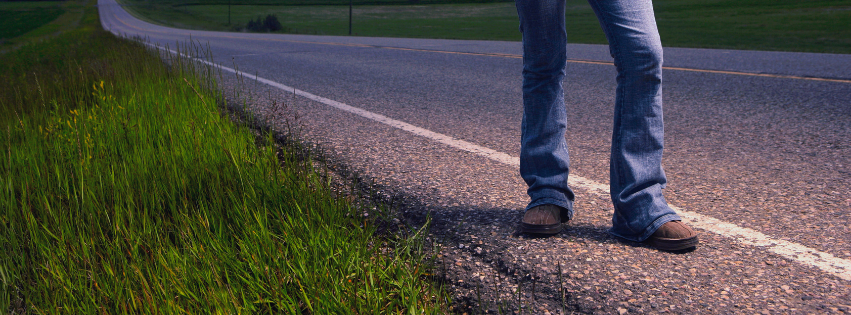An address to Brisbane Pride Festival: We value your presence, we celebrate your gifts, we respect your lives.
An apology is just one step on a much longer journey of healing – it does not end the process we have started. The work, we must do, to build some trust and credibility is to live into the apology in our churches, schools and other agencies: this will mean changes to behaviours, language and policies among other things. I know that we have much work to do.
